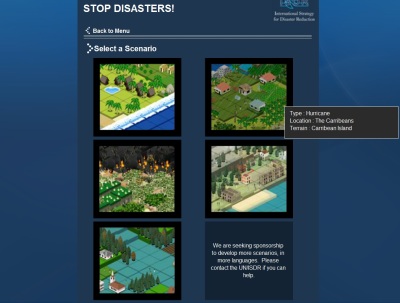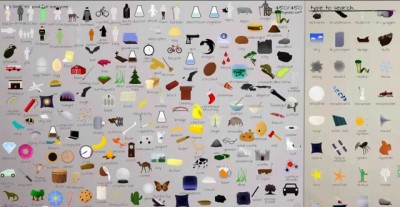Educational Gaming
Age: 10+
Levels: Medium-Difficult
3rd World Farmer can be used with kids and teenagers to educate them on the problems that families in other countries face to make ends meet. I’d suggest students try playing the game then report back to the class on the difficulties that they faced. They could also write a story or a narrative on what happened to them.

‘3rd World Farmer lets you experience some of the hardships of farming in a poor country. Will you prosper despite corruption and lack of basic necessities? Or will endless wars, diseases, droughts, and unreliable markets perpetuate your economic disadvantage and spell your ultimate doom?
3rd World farmer is a serious game, developed on a very slim budget. It is not precise in all details, but covers a wide range of topics. It is meant to be both educational and slightly provocative, with the sole intent of making people think about these topics and, hopefully, realize that each of us can make a difference in helping to end poverty.’
















